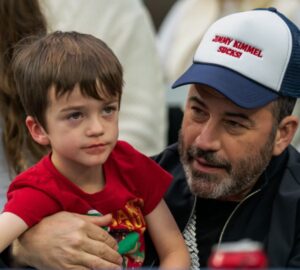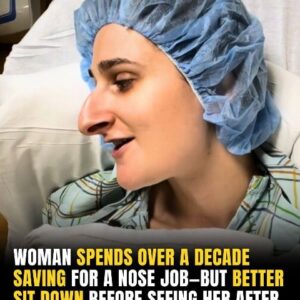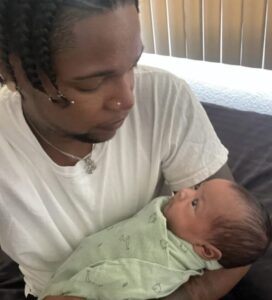When Jimmy Kimmel took the stage of his late-night show in April 2017, viewers expected his usual humor and irreverence. Instead, he shared a raw, emotional, and deeply personal story. Kimmel revealed that his newborn son, Billy, was facing a life-threatening heart condition: tetralogy of Fallot with pulmonary atresia, a rare congenital defect that impairs the heart’s ability to pump blood effectively. Billy was born just days before this announcement, and doctors quickly realized the seriousness of his condition.
Kimmel described the moment he first learned of Billy’s diagnosis as overwhelming fear and disbelief. “It was like the world stopped,” he said. “All I could think about was, ‘How do I protect this tiny human I just met?’” The condition required urgent medical intervention. Billy underwent open-heart surgery when he was only a few days old at Children’s Hospital Los Angeles. The procedure was complex, lasting several hours and carrying significant risks. Kimmel shared intimate details about the preparation, the waiting, and the emotional toll of watching his tiny son fight for his life in the operating room. He recalled pacing hospital corridors, feeling helpless, and finding comfort in the skill of the surgical team.
In his emotional monologue on the show, Kimmel described every moment with honesty—holding his breath as doctors explained the procedure, fearing the loss of his child, and experiencing the surreal relief when Billy emerged from surgery, fragile but alive. He used the platform not only to tell his story but to advocate for accessible healthcare, stating, “No parent should ever have to choose between their child’s life and their bank account.”
Since that frightening beginning, Billy has faced more health challenges. By 2024, Kimmel revealed that Billy had successfully undergone his third open-heart surgery. Despite the repeated procedures and hospital stays, Billy is thriving. Kimmel proudly described him as “the toughest (and funniest) 7-year-old we know,” highlighting both his son’s resilience and the family’s strong bond.
Throughout this journey, Kimmel’s wife, Molly McNearney, and their family have been pillars of strength. Kimmel often said that humor and love were essential coping tools. In interviews, he shared how their older children, Jane and Katie, brought laughter into tense hospital rooms, reminding him of the ordinary joys of family life even in difficult times.

Billy’s health battle has become more than a story of survival; it is a testament to the power of parental love, medical expertise, and resilience. Kimmel’s candid sharing of these moments—balancing sorrow with humor, fear with hope—gave viewers a powerful look at the realities of congenital heart disease and the strength families find in hardship.
Billy Kimmel’s journey is far from over, but his story stands as a beacon for families everywhere, showing that courage, love, and laughter can coexist even in the most challenging times.



